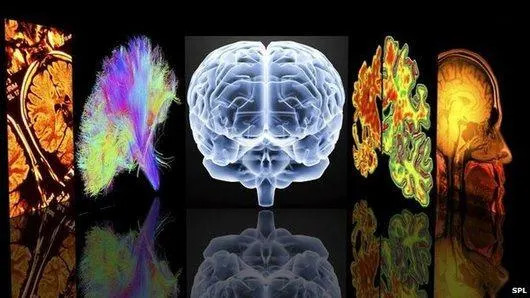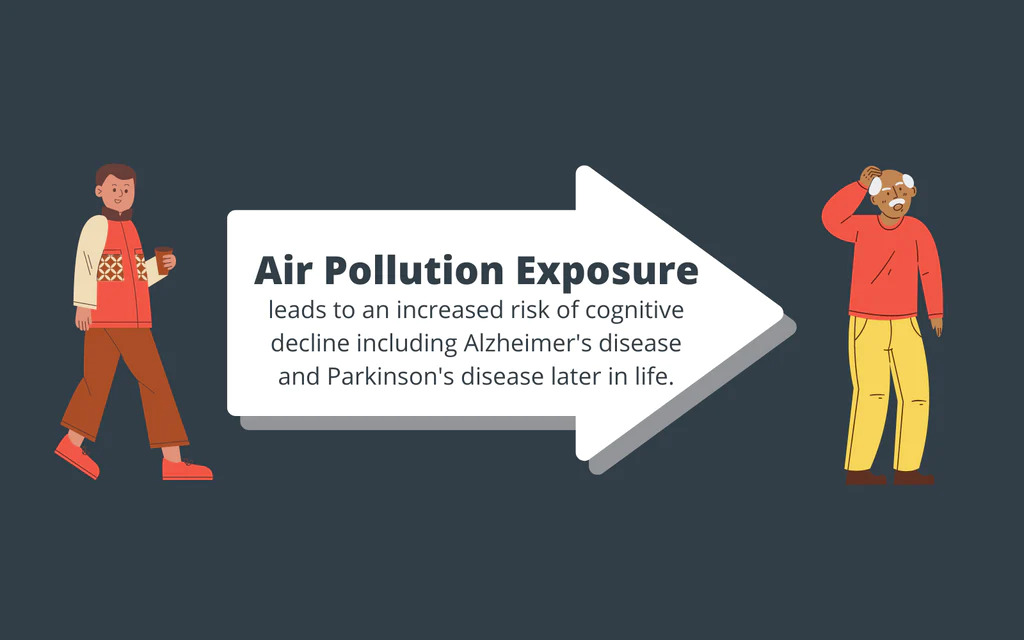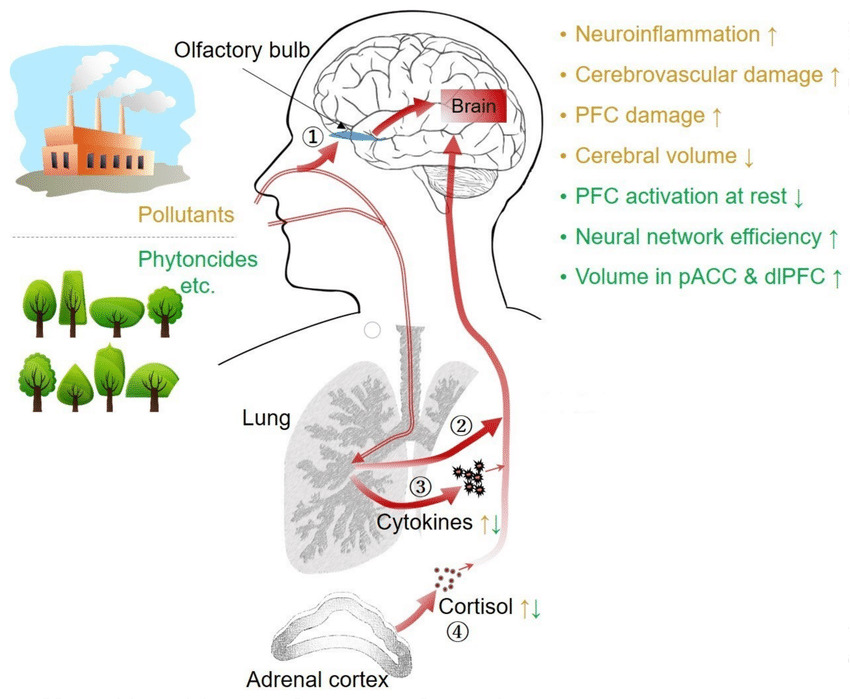Air pollution is a growing concern worldwide, with millions of people exposed to toxic air every day. While there are many known health risks associated with air pollution, new research suggests that it may also be linked to an increased risk of dementia.
Breathing in Toxic Air: The Link Between Air Pollution and Dementia

The Dementia Epidemic
Dementia is a chronic and progressive disease that affects millions of people worldwide. It is characterized by a decline in cognitive function, memory loss, and changes in behavior and personality. Alzheimer’s disease is the most common form of dementia, accounting for between 60 and 80 percent of cases.
According to the World Health Organization, there are currently around 50 million people living with dementia worldwide, and this number is expected to triple by 2050. There is currently no cure for dementia, and treatments are limited to managing symptoms and slowing the progression of the disease.

The Link Between Air Pollution and Dementia
Recent studies have suggested that there may be a link between exposure to air pollution and an increased risk of dementia. One study, published in the journal Lancet Planetary Health, found that people living in areas with high levels of air pollution were more likely to develop dementia than those living in areas with cleaner air.
The study looked at data from over 130,000 people in the UK over a period of 7 years. It found that people living in areas with high levels of nitrogen dioxide and fine particulate matter (PM2.5) were more likely to develop dementia than those living in areas with lower levels of pollution.
Another study, published in the journal Translational Psychiatry, found that exposure to air pollution was associated with changes in the brain that are similar to those seen in Alzheimer’s disease.

The Effects of Air Pollution on the Brain
Air pollution is known to have many negative effects on the body, including respiratory problems, heart disease, and cancer. However, its effects on the brain are less well understood.
Recent research has suggested that air pollution may cause inflammation in the brain, which can lead to the development of dementia. It may also lead to the accumulation of amyloid beta, a protein that is found in the brains of people with Alzheimer’s disease.
What Can be Done?
Reducing exposure to air pollution is essential for protecting public health. Governments and local authorities can take steps to reduce air pollution by promoting cleaner transport options, such as electric vehicles and cycling, and investing in public transport.
Individuals can also take steps to reduce their exposure to air pollution. This includes avoiding busy roads and areas with heavy traffic, using air purifiers in the home, and wearing masks when outside in areas with high levels of pollution.
Conclusion
Air pollution is a growing threat to public health, and its effects on the brain are becoming increasingly clear. While there is still much to learn about the link between air pollution and dementia, it is clear that reducing exposure to toxic air is essential for protecting our cognitive health.
Worldwide initiatives to reduce air pollution are essential to safeguard public health, and individuals can also take action to reduce their exposure to polluted air. It is important to work together to create a cleaner, healthier environment for us and future generations.
Read also: Daily Habits That Boost Your Positive Mental Health
When Fighting Anxiety Is Fighting Yourself
Overactive Thyroid and Hot Weather
6 Major Health Benefits of Consuming Honey-Coated Dried Fruits
The Health Benefits Of Kefir And How To Make Your Own
6 Science-Backed Ways to Extend Your Lifespan in Less Than 10 Minutes a Day










Leave a Reply